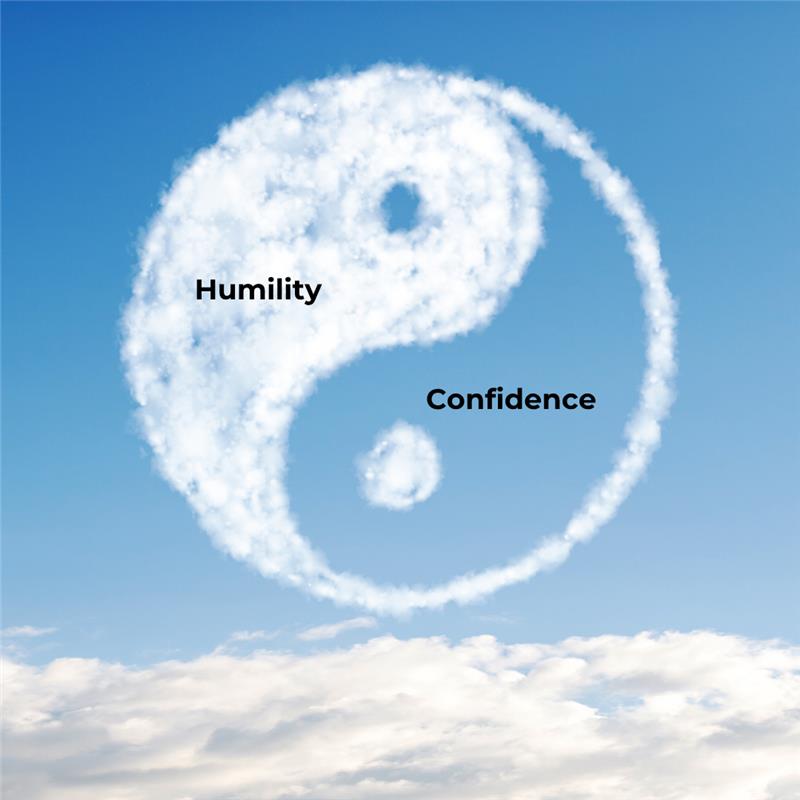You know that moment when someone asks, “Hey, can you stay late to finish this?” and even though your inner voice is screaming “Nooo!”, you somehow hear yourself say, “Sure, no problem!” That, my friend, is the subtle art of giving away your personal power.
Today, we’re embarking on a deeply human yet profoundly honest exploration of personal power—what it is, why we often relinquish it, and how to reclaim it with clarity, courage, and perhaps a touch of discomfort along the way.
No, this isn’t about yelling in meetings or turning into the office version of Thor. Reclaiming your power is quieter—and far more radical—than that. It’s about honesty. Alignment. And remembering who you are beneath the performance metrics and calendar invites.
WHAT IS PERSONAL POWER?
Personal power isn’t about job titles or executive presence. It’s not about how many people laugh at your jokes or how “strategic” your email tone sounds. It’s the quiet, steady voice inside that says, “I know who I am. I know what I stand for. And I don’t need to bulldoze others to matter.”
Personal power is the capacity to act from a place of alignment with your values, purpose, and inner wisdom. It’s not “power over”—it’s power within. Think less Darth Vader, more Oprah.
You know you’re operating from personal power when you set boundaries without guilt, when you speak up in meetings from a place of conviction, not ego, when you say “no” with kindness and clarity. And when your decisions are driven by alignment, not approval.
GIVING AWAY OUR PERSONAL POWER
The tricky part? We often don’t realize how—and how frequently—we give that power away.
It may have begun during your first internship, or around your fourth soul-draining team-building exercise. Either way, many of us have learned to measure our worth by how long we work, how much we’re liked, and whether the people above us smile when we talk. We crave connection, while at the same time, we are fearful of getting kicked out of the tribe.
We often give away our power out of fear: fear of judgment, rejection, or not belonging. So, we adapt. We become what others want us to be. We say yes when we mean no. And with every moment we silence our voice, override our intuition, or shrink to fit a role, we abandon a piece of ourselves. We shape-shift to survive instead of thrive.
It often shows up like this:
- Apologizing for sharing your perspective.
- Avoiding difficult conversations even when they matter.
- Saying yes so often that your calendar becomes a cry for help.
- Needing constant external validation to feel secure.
These little moments add up. They become patterns. And before we know it, we’re exhausted, resentful, and unsure why.
Ever feel like you’re performing instead of leading? Or that you’re always “on,” but never quite yourself? That’s your power trying to get your attention.
When we give away our power, it manifests as “energy leaks”—those subtle moments when we’re out of alignment with ourselves, operating from obligation rather than intention from fear, not clarity. We’re still upright, still functioning—but slowly deflating.
RECLAIMING YOUR PERSONAL POWER
So, how do we get it back?
STEP ONE: Grow your self-awareness. Start noticing the moments you feel small or inauthentic. Ask yourself:
- What situations make me feel like I’m not being true to myself?
- Where do I say yes when my body clearly wants to say no?
- When do I mute or edit myself to be accepted?
Don’t judge—observe. Awareness is the first, courageous step toward change.
STEP TWO: Reconnect with your core. Your power doesn’t come from your to-do list—it comes from your values and purpose. Get clear on what matters most to you. What do you stand for, beyond productivity and performance? What are you no longer willing to abandon in yourself?
Leadership rooted in values is sustainable. Leadership based on optics is exhausting.
STEP THREE: Setting boundaries is your best friend. Saying no is not selfish—it’s sacred. Try this sentence: “That doesn’t work for me.” It’s clear. It’s kind. It’s your truth in action.
STEP 4: Embody your power. Don’t just think aligned thoughts. Live them. Speak even when it’s uncomfortable. Show up as yourself, not your résumé. Trust your voice, even if it shakes.
Reclaiming power is not a one-time event. It’s a practice. A daily return to your center. A series of micro-decisions to live in alignment, not performance.
But here’s the hard truth: we often avoid reclaiming power because it makes us visible. Not the polished, LinkedIn-approved version—but the real, beating-heart version. And that can feel terrifying.
True power is inseparable from vulnerability. It’s not about dominating a room—it’s about standing in your experience without needing to be perfect.
When you say, “I don’t know, but I’m learning,” people trust you more. When you say, “I need help,” you give permission for honesty. When you say, “This matters to me,” even if it’s unpopular, you model courage.
Stepping into your personal power involves connecting with your essence and being willing to walk your own path. Reclaiming your power means letting yourself be seen—and trusting that you’re enough, even when you’re in process.
So what does this look like at work?
- That draining weekly meeting? The old you nods and agrees. The empowered you says, “I see this differently. Can I share another perspective?”
- That overflowing inbox? The old you replies instantly to everything. The empowered you set boundaries, close email tabs, and take a breath.
- That feedback spiral? The old you shuts down or spirals into shame. The empowered you listen, reflect, and decide what aligns with your truth.
No theatrics needed. Just presence. Just honesty. Just you.
If all of this feels like a radical shift, that’s because it is. Reclaiming personal power challenges performance culture, perfectionism, and the idea that leadership means always having the answers.
But here’s the revolution I offer: Your power is not something to earn. It’s something to remember.
So, take a breath. Drop the mask. Come home to your values. And stand, with gentle boldness, in who you are.
Because the truth is—you’ve had the power all along.





